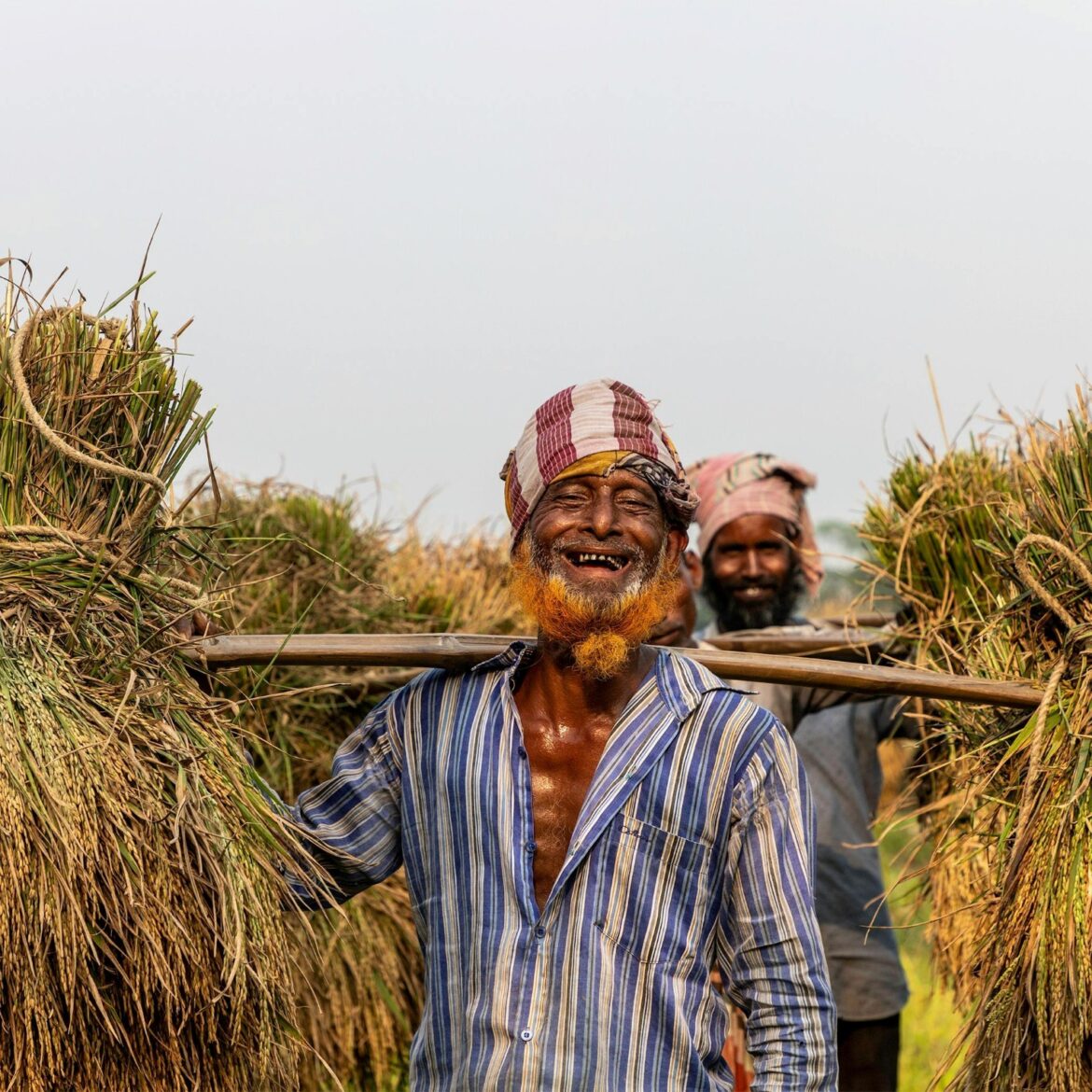During a recent visit to Bangladesh, Natasha Santos, Global Head of Sustainability at Bayer, described steps the company uses to help small farmers grow more food while protecting the land. Bayer focuses on three goals: make sustainability part of each product, include smallholders through training and partnerships, and cut farming’s harm to soil, water and air. In Bangladesh the Better Life Farming or BLF alliance links Bayer, global partners, local groups to bring better seeds, safe crop protection and hands-on training to farmers. BLF began globally in 2018 and launched in Bangladesh in 2020, and it now works through about one thousand local centres where agronomists show new methods and run demonstration plots. Bayer also supports DirectAcres and the Good Rice Alliance to reduce water use and lower greenhouse gas emissions in rice farming. Digital tools and local startups are part of the plan because simple data and phones help farmers know when to seed, water or treat crops more precisely. The aim is to raise yields and incomes while using less water, fertilizer and fuel. Bayer sets clear targets to track progress, such as helping 100 million smallholders by 2030, cutting emissions in key crop systems by around thirty percent, lowering the environmental impact of crop protection products by thirty percent, and improving rice water productivity by 20-25%. The company measures results with standard methods and outside checks so that gains in yields, incomes and farmer wellbeing are verified and farmers’ views are heard. For Bangladesh this approach can make small farms climate ready, reduce losses from pests and extreme weather, and open new routes to markets and steady income, and create steady local incomes. The story is about small changes that add up: better seeds, clear advice, shared tools, simple experiments and fair access to markets and loans help families get more food and pay for school and health. Training is central, so Bayer and partners use field days and demo plots to teach easy methods that farmers can try on small plots before they scale up. Local agronomists and farmer leaders help spread good practices by showing real results and by helping farmers keep simple records of yield and cost. Linking farmers to buyers and offering basic business skills helps families sell more and get fairer prices. The tone of the effort is hopeful: steady steps can make farming kinder to nature while boosting income and food security. If farmers, businesses and community groups keep working together, these actions could strengthen households, protect rivers and soil, and make local food supplies safer. The main lesson is clear: combine science, hands-on training, local partnerships and clear targets to help Bangladesh grow more food in ways that last.
Growing More, Wasting Less: Bayer’s Plan to Boost Yields and Protect Bangladesh’s Farms
26


